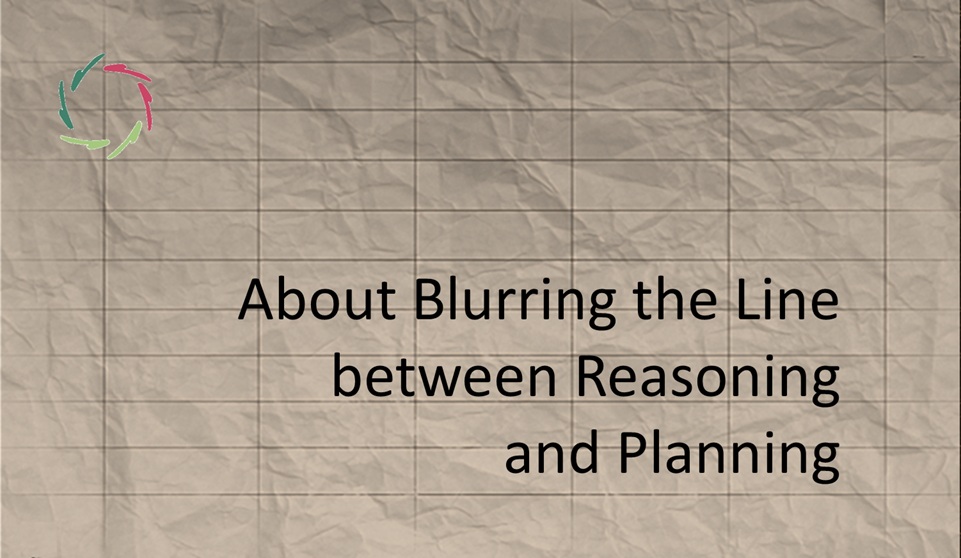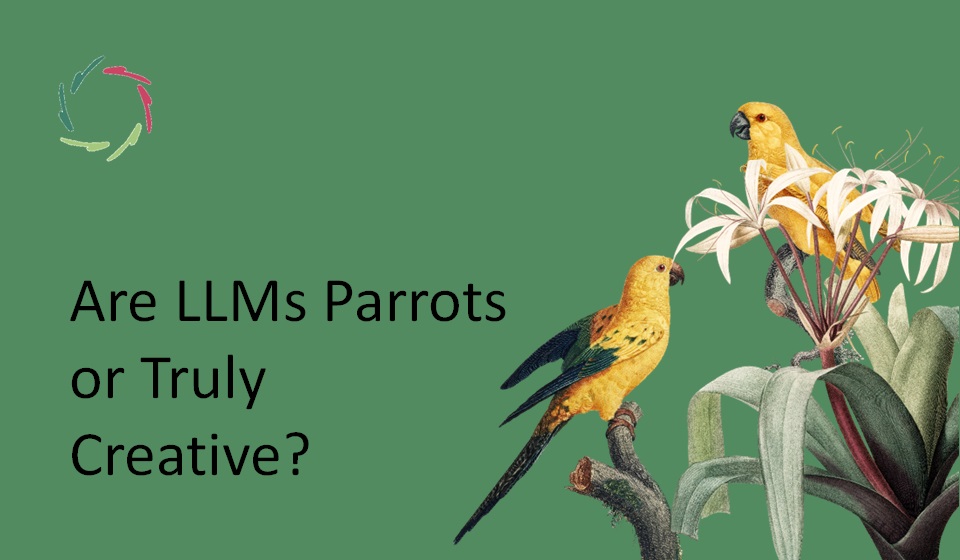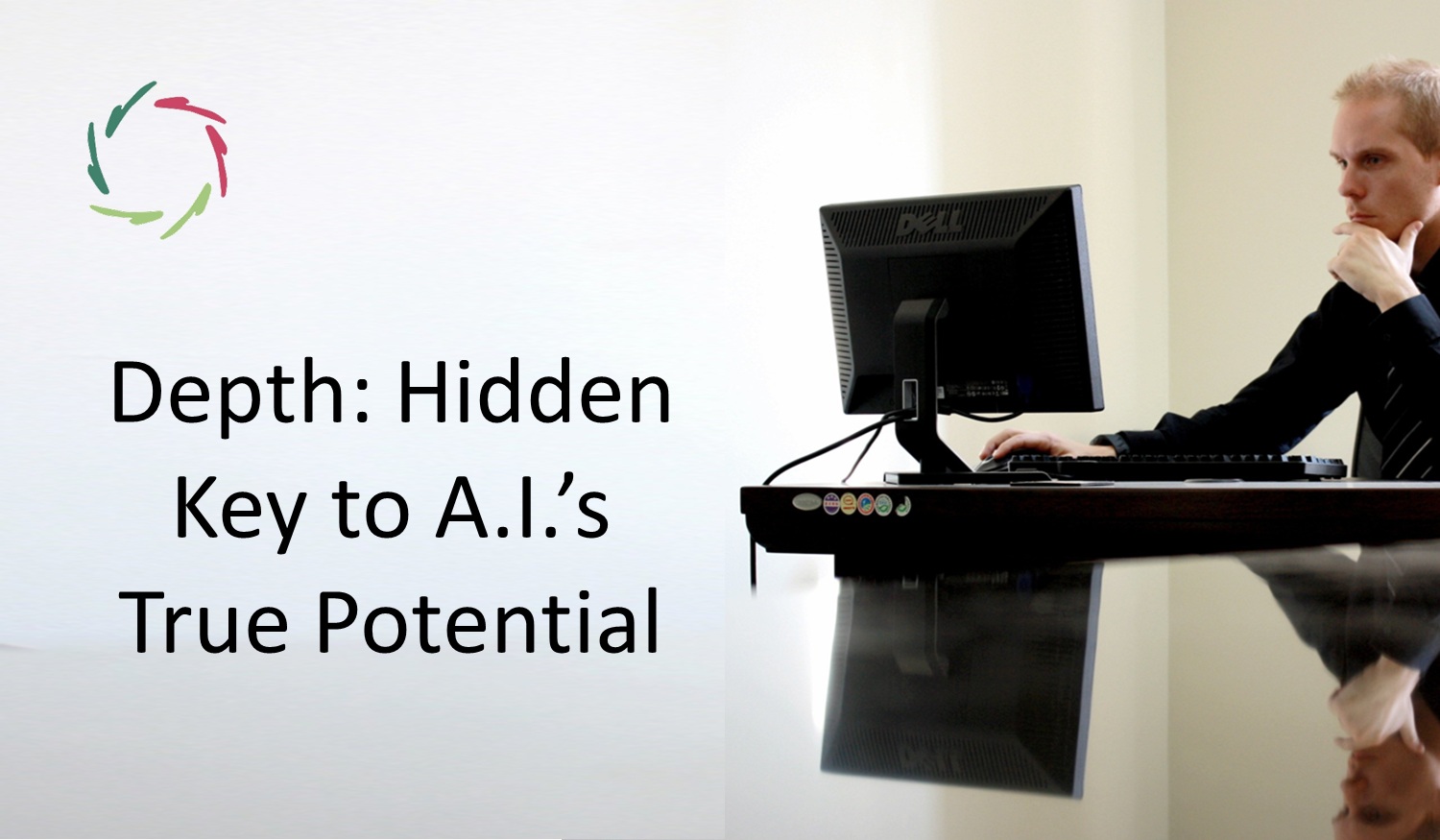Inspiration is Key to A.I. Research

A.I. research should prioritize rationality as well as profound human depth (inspiration).
As you may know, this is a perfect Aurelian combination. It’s relevant to much inventive thinking, arguably most of all to A.I. research.
The initial phase of research should focus on thinking about the problem.
No papers, whiteboards, discussions, or code – just pure imagination and visualization. Researchers should try to simplify the problem to its core, visualizing the algorithm with geometric clarity. This approach also aligns with the AURELIS principle of fostering inner growth.
Only in the second phase should one focus on selecting the tools to actualize these ideas.. This encourages the integration of intuitive insights with logical reasoning, enhancing creativity in problem-solving.
Today’s A.I. era is characterized by a multitude of flexible tools and combinations.
This abundance should not be underestimated, as it heralds a new era altogether. The next killer technology will not be one technology but a new way of handling many. A.I. is thus becoming at least as much philosophy as technology.
Like any inspiration, the outcomes of concretely inspired thinking are unpredictable. It can be a new application or a new way of getting results.
The human touch
More and more, we can rely on systems to do structured work. Increasingly, we can rely on systems to perform structured tasks. This reliance frees human creativity to explore unstructured, complex problems that require deeper cognitive engagement.
After all, this is the definition of ‘instrument’ as used since the beginning of humankind and even before. Any task that can be repeated in a structured manner can be turned into an instrument. More powerful and complex instruments can be harnessed for more efficient jobs, sparking successive industrial revolutions.
Also, human inspiration itself gets increasingly more tools.
With A.I., we finally achieve the instrumentalization of purely mental processes.
What’s really original is that there is no further step beyond this. That makes the inspiration part more crucial than ever as a self-enhancing pattern. A.I. research too is increasingly inspirational.
This is endless because of the following.
The A.I. touch
A.I. becomes increasingly ‘inspired’—not in a human way, but in an A.I. way, not just in a play of words but deeply – inspiredly – semantic, highlighting the potential for profound mutual understanding.
Consequently, as A.I. enters an inspiration mode, it can enhance its own intelligence, a process already underway.
For example, regularly by myself while writing blogs.
I use my inspiration and Lisa’s, and frequently don’t see which of both is most productive. There are qualitative advantages on both sides. Also, formalizing the knowledge and insights from these blogs into easily digestible mental food for Lisa gets instrumentalized — semantically and declaratively.
I aim for Lisa to independently create these blogs within one or two years.
I will continue to read the blogs and offer constructive feedback. Also, Lisa will go over those already written by me and, together, we’ll make them more consistent — therefore, useful within the thinking itself of Lisa.
This directly pertains to the self-creation of Compassionate intelligence.
Ironically, in one or two years beyond that, when even this is no longer necessary, pre-writing blogs will also be unnecessary. Lisa will make them on the fly, with the +/- 5000 blogs produced by then as a benchmark. A.I. will by then have become truly creative.
Just ask.


